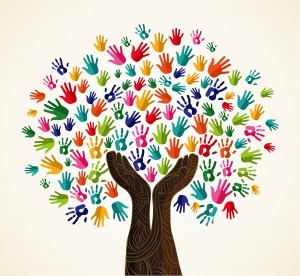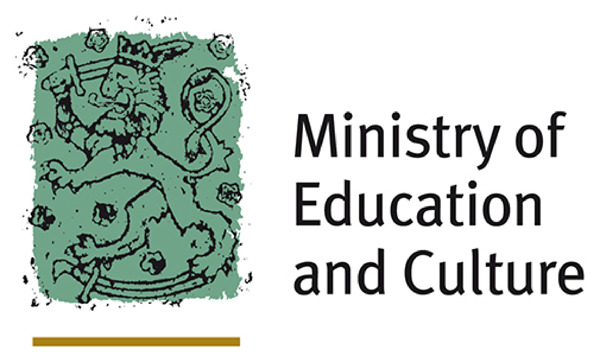ICE Student: Mariam Tokmazishvili
Place of Traineeship: International Organization for Migration (IOM) Helsinki
“I will assist in implementation of activities related Assisted Voluntary Return and Reintegration (AVRR) projects from Sweden and Finland. Under the supervision, I will support the project team in preparing voluntary returns and planning the reintegration of returnees, including coordination and communication with authority counterparts.
Tasks include:
- To assist in all phase of the AVRR process, from application registration to return logistics;
- Assist in compiling statistics for internal and external use;
- Prepare background papers and analytical texts for internal and external use on topics related to AVRR\CT;
- Communicate effectively and clearly and with cultural sensitivity with colleagues, clients and third parties;
- Assist in project communications and outreach to migrants and return stakeholders in Finland or Sweden;
- Assist in organizing project meetings and etc.
International organization for Migration is an intergovernmental organization in the field of migration. It counts 155 member states and each IOM office employs staff from various nationalities. Consequently, multicultural environment is an integral part of execution of IOM mandates. IOM Finland is just an example where majority of staff members are from different countries of origin. The core principles of IOM are based on effective communication, raising intercultural competence and sensitivity. Under the section of IOM standards of conduct, core values and guiding principles put emphasis on “promotion and practice of tolerance, understanding and respect for all, without distinction as to race, gender, religion, color, national, marital status, sexual orientation, age, physical disability or political conviction”. IOM names its employees international civil servants. Coming from that, one of fundamental requirements to be met by international civil servants is an international outlook.
IOM largely deals with migrants and work on everything related to this broader phenomenon that logically implies communication with people coming from all over the world. Being part of IOM team automatically equips with intercultural sensitivity, and teaches the best possible ways to get along with the people with diverse backgrounds.
Internship period at IOM will be a practical experience, namely specializing on migrants who are willing to return voluntarily to their homelands. IOM Finland currently implements four projects, thus I will be concerned how the on-going project-related activities are carried out. Furthermore, the central direction of IOM Finland`s mission is more project-oriented. For instance, making project proposals, creating project budget, scheduling project activities for the long term period, searching relevant donor organizations, promoting and successfully providing service whenever it is requested, broaden communication networks with governmental counterparts and elsewhere. All in all, I will carefully follow the steps related to designing project from very beginning (e.g. having a project idea) to more advance level (e.g. developing an idea and implementation phase).”

